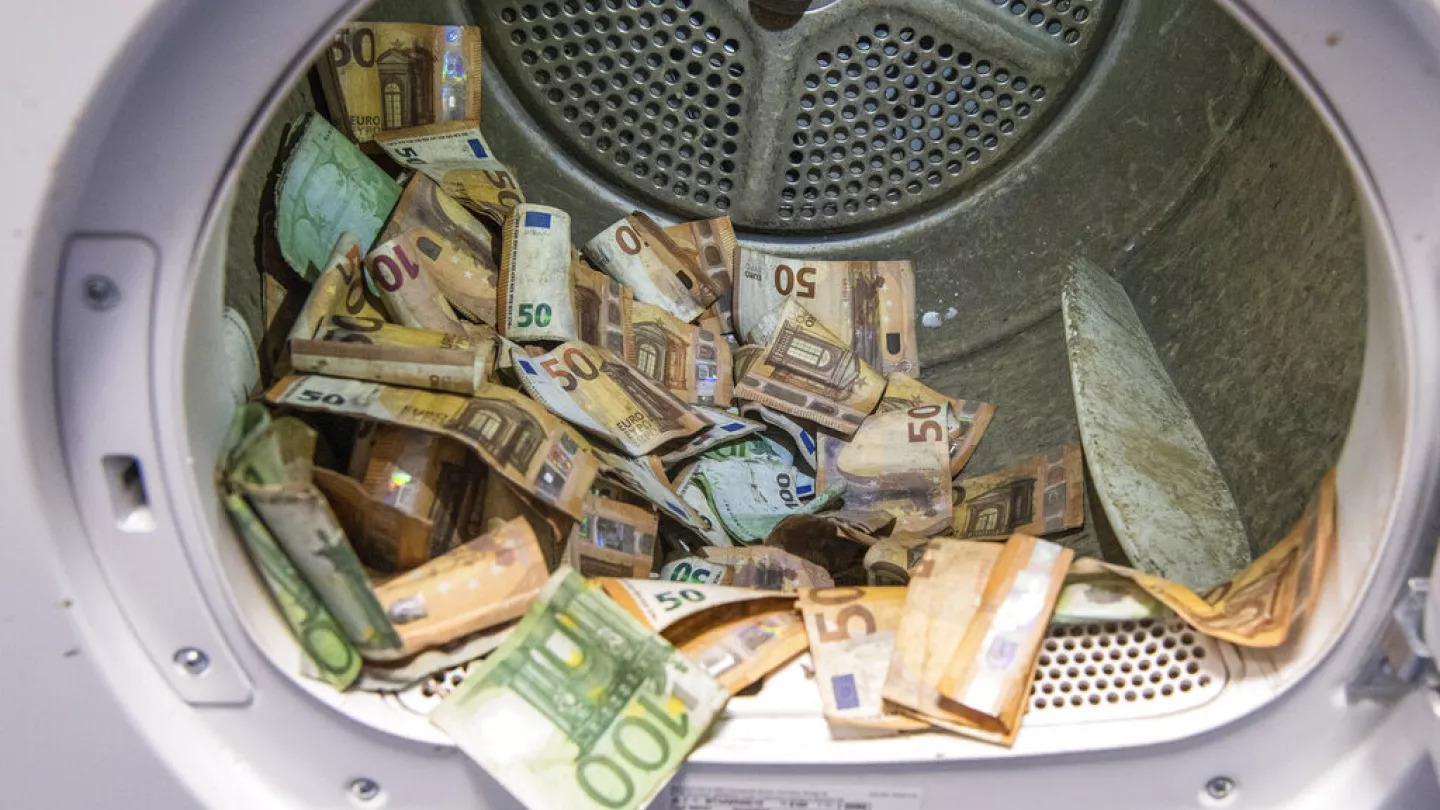On Thursday 5th December the Cypriot Parliament approved the law prohibiting the use of cash for transactions exceeding €10,000 (or equivalent in other currencies).
Twenty-four deputies voted in favour of the new law, while only two voted against.
It should be noted that liquid assets are defined as cash, securities, highly liquid savings instruments and prepaid cards. Restrictions apply to transactions related to the purchase of goods, services and real estate. Violations of the law are subject to severe sanctions: fines of up to 10% of the amount of the transaction. In the case of real estate transactions, in addition to fines, the court may impose a prison sentence of up to five years.

The bill was initiated by DISY MP Dimitris Dimitriou.
According to him, the new measure is aimed at strengthening the fight against money laundering and terrorist financing. The law provides for immunity from prosecution if liquid assets (excluding coins and banknotes) are unavailable due to force majeure.
Speaking to MPs at yesterday's sitting, Demetriou cited the example of a Ukrainian woman who had brought large sums of cash into Cyprus on several occasions. He also noted that in the last three and a half years, some €120 million in cash had passed through the customs authorities in Cyprus, the origin of which no one could check.
It should be noted that not all MPs supported the changes. Some of them, including DISY's Marios Mavridis, expressed doubts about the initiative, questioning why the use of legally obtained cash should cause legal problems.
